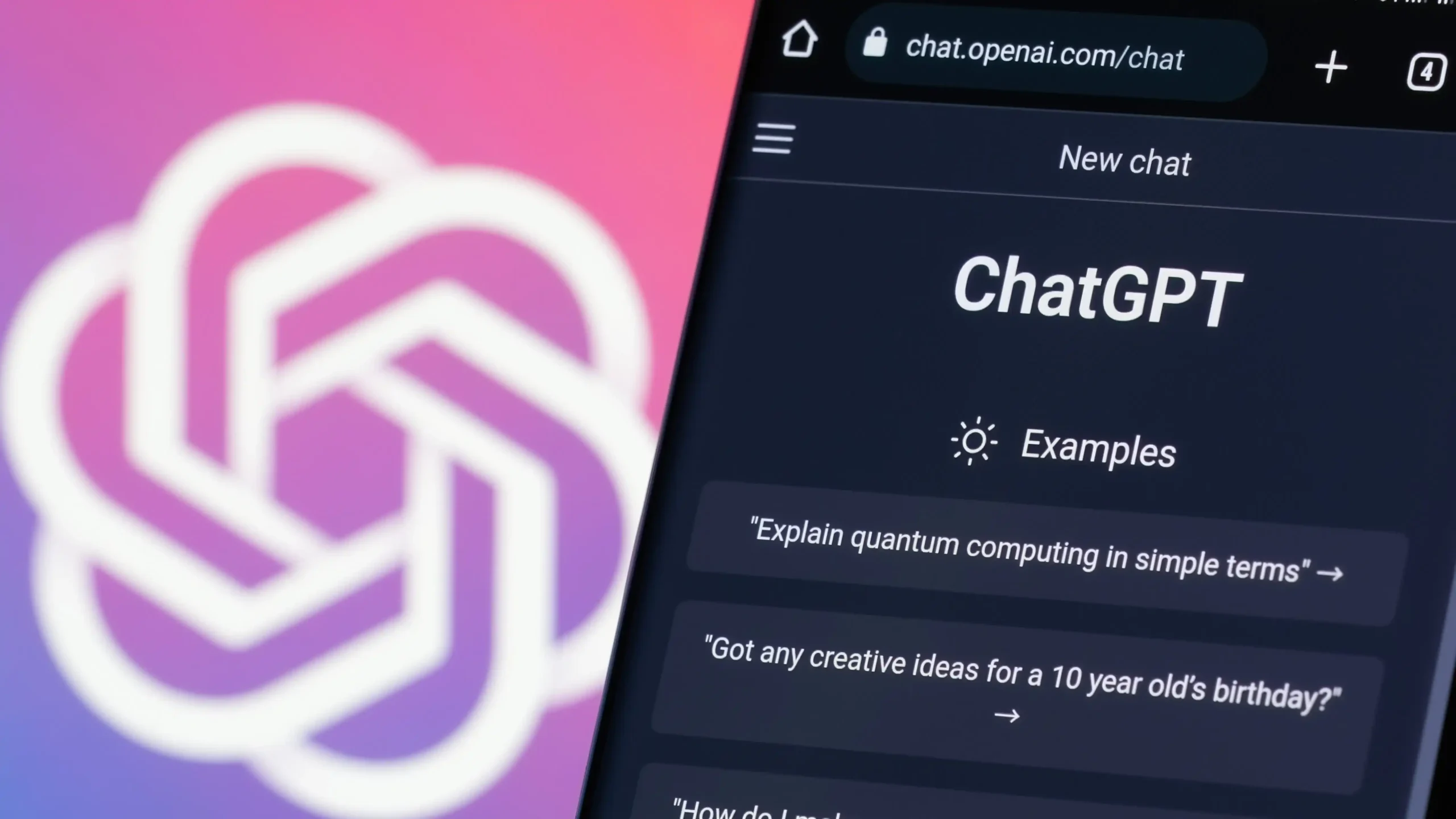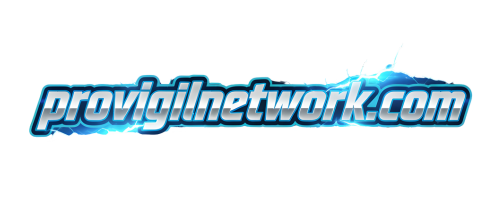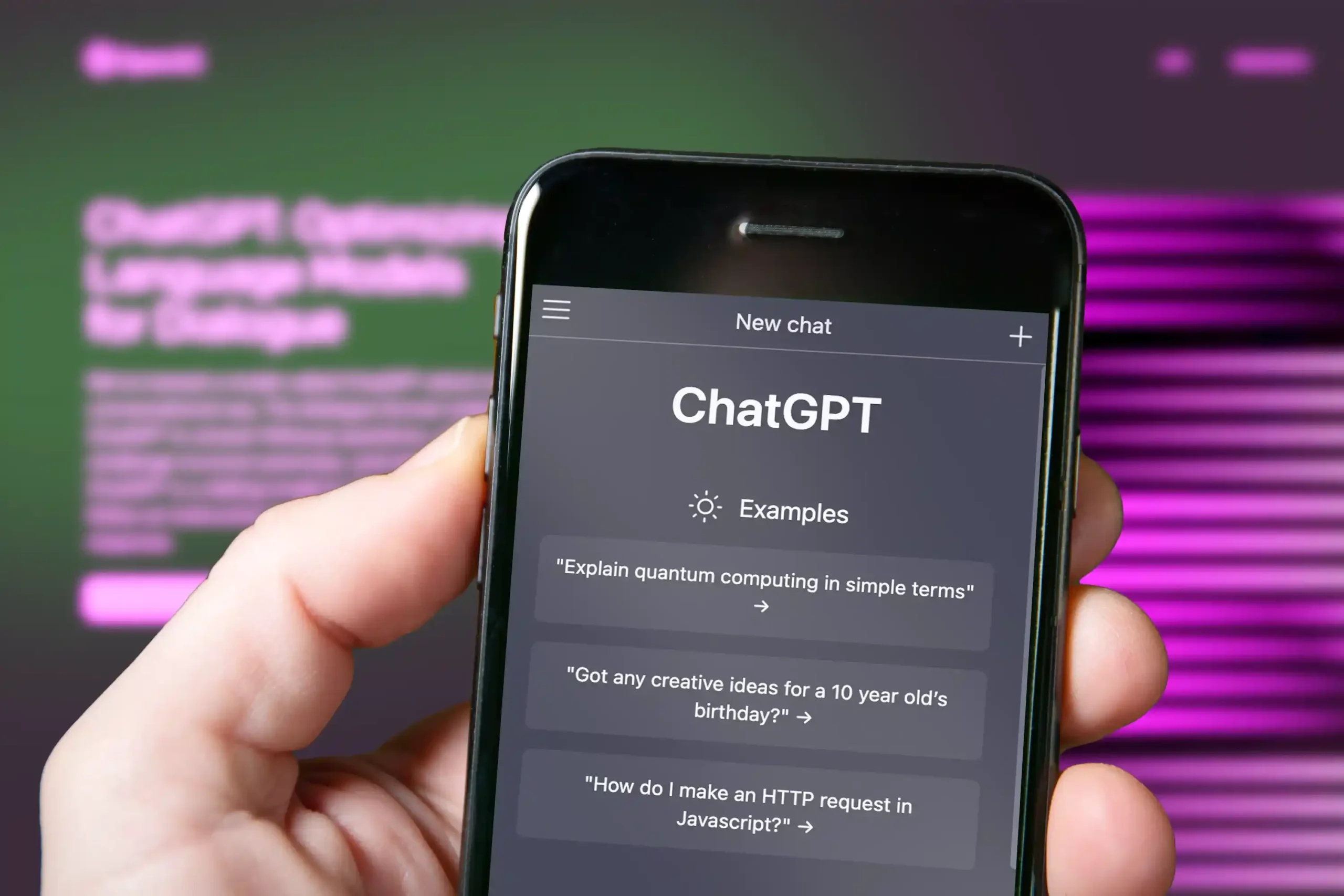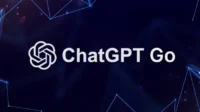The rise of ChatGPT has introduced a powerful new technology to the public. Unlike complex software that requires specific training, this AI is accessible to anyone with an internet connection. Its user-friendly interface and ability to understand natural language have made it a tool for millions. From students to professionals and hobbyists, people from all walks of life are discovering new ways to use this AI. The core idea is that anyone can harness its power, as long as it’s used with good intentions and for positive outcomes.
The Universal Accessibility of AI

ChatGPT’s design breaks down many barriers to entry. You don’t need to be a programmer or a data scientist to use it. Its conversational nature means you can simply ask it a question or give it a command, and it will respond. This democratizes access to advanced AI capabilities. For example, a small business owner can use it to draft marketing copy, and a non-native speaker can use it to improve their writing. This widespread availability is one of its greatest strengths. It empowers individuals and small organizations that may not have the resources to hire dedicated staff for every task.
“The real power of ChatGPT isn’t just in what it can do, but in who it allows to do it. It’s an equalizer, opening up a world of possibilities to anyone willing to explore,” a technology correspondent said.
Ethical Guidelines for Positive Use
While ChatGPT is a powerful tool, its use comes with responsibility. The key is to avoid negative applications. This means refraining from using it to create fake news, generate hateful content, or spread misinformation. It also means being honest about its use, for example, not presenting AI-generated work as entirely your own without proper credit.
Avoiding Harmful Content
The most critical rule is to not use the AI to cause harm. This includes creating content that is biased, discriminatory, or dangerous. Users have a moral obligation to ensure their prompts and the resulting output do not contribute to a toxic online environment or offline harm.
Upholding Academic and Professional Integrity
Students should use ChatGPT to help them learn, not to cheat. For instance, using it to brainstorm ideas or get a better understanding of a topic is a good practice. However, submitting an essay written entirely by the AI is plagiarism and undermines the learning process. In a professional setting, a person should use it to increase efficiency, not to mislead clients or colleagues. Being transparent about how and when AI was used is crucial for maintaining trust.








